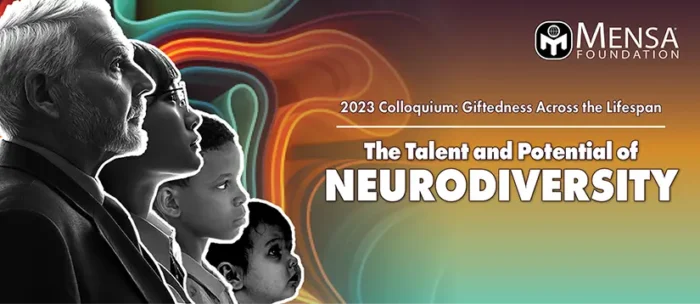The developer of a program to help improve treatment methods for those who live with conditions such as schizophrenia, bipolar disorder, and depression has won the 2015 Intellectual Benefits to Society Award given by the Mensa Education and Research Foundation. Its creator, Dr. Joe Bates of Tyler, Texas, received the award from Foundation President Dave Remine at the 2015 American Mensa Annual Gathering in Louisville.
Dr. Bates’s cognitive remediation training program for severe mental illness has resulted in a 64% improvement in executive function for these patients, as well as improved socialization and self-image.
With a fifty-year career in psychiatry, child psychiatry and pediatric medicine, Dr. Bates joined Mensa two years ago at age 72. “It is an honor to be affiliated with an organization that promotes knowledge, creativity, individualism and life-long learning on such a grand level,” he said.
“The Mensa Foundation works hard to select innovative thinkers who are having a positive impact on their communities,” said Foundation President Remine. “We are so pleased to be able to present this award to Dr. Bates.”









Comments (0)